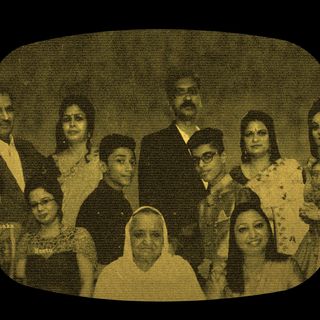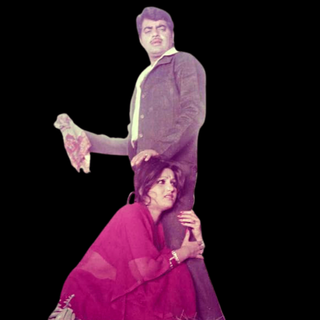With the infamous #SnyderCut DC fan wars on its heels, the comic-book company has now announced that its new Superman, Jonathan Kent, is bisexual. The announcement is sure to throw a wedge in DC’s infamously toxic fan culture.
The stereotypical image associated with comic book fans is that of a very angry, reactionary group of men who rail against “woke” film and TV adaptations of their favorite comics. But what does it mean when the source material itself becomes “woke,” and embraces bisexuality into a major superhero’s canon for the first time?
Many “comic bros” are bound to be in a fix. Jon Kent, who is supposed to be Clark Kent’s son, will be seen in a same-sex relationship with his friend Jay Nakamura in the upcoming November issue. DC made the announcement on ‘National Coming Out Day’ in the US.
In the story, Jon will take on his father’s mantle, decidedly carrying Superman’s legacy in a direction that is far more relevant for today’s young generation of readers. Against the backdrop of older fans (dubbed “fandamentalists” by some) seething over diverse casting in films and women cosplayers hosting fan events, this is significant.
Still, the move seems like it’s too little, too late. How meaningful are such introductions in superhero canon at a time when they have much broader cultural acceptance? Is it really subversive to introduce non-normative sexualities and genders in a story’s universe when these ideas have become mainstream thanks to efforts by marginalized people for decades, despite corporate resistance? How will the companies reconcile with their toxic, hypermasculine past? These are questions that abound, and there are no easy answers.
Related on The Swaddle:
The Toxic Culture of Sci‑Fi and Its Fanboys
“There’s been a real shift over the last few years — ten years ago, five years ago this would have been more difficult, but I think things have shifted in a really welcome way,” Tom Taylor, the series writer, told The BBC.
Considering that DC has never gambled with themes of sexuality in its big heroes, this is significant. But the timing of the release can’t help but feel tokenistic. Is Superman’s — or indeed, any of the DC heroes’ — legacy worth salvaging? Are heroes worth worshipping anymore, for something like this to hold value? In some corners, the answer seems to be yes.
“We have people saying they read this news today and burst into tears — people saying they never thought in their life that they would be able to see themselves in Superman… literally the most powerful superhero in comics,” Taylor added.
But a much earlier, much more subversive series from the DC universe seemed to have answered these questions already. Alan Moore’s Watchmen, an anti-hero tale from the 80s, explored what it meant to revere heroes against odds that no hero can win without a great, devastating cost. The series, with its enduring question “who watches the watchmen?” ascended to legendary status in the comic world for its brutal, honest, and subversive portrayals of the dark side of superheroes, making them fallible beings after all. Ambiguous, yet unflinching portrayals of fluid sexuality was another hallmark feature that made the graphic novel so revolutionary. The series continues to spark conversations today about the relevance of superheroes, and goes against the grain of what makes them tick.
Given that this has been a decades-long conversation in the making, it may be well worth examining the new Superman in this context. Jon Kent will purportedly tackle climate change, school shootings, and other issues of contemporary relevance. But as Watchmen showed us long ago: how much can one person be trusted to solve the biggest threats to human existence? At a time when individualism and simple, straightforward solutions for justice simply don’t hold the magic and awe they used to, is an all-powerful entity being bisexual really that meaningful anymore?
It is admittedly hard to grapple with such questions amid toxic fan cultures pervading the discourse. Toxic fans have indeed appropriated and excluded beloved stories from ownership and enjoyment by anyone but a community of straight, white, cis men. In this context, DC’s new announcement holds weight. But for how long, and whether it will serve to upend its superhero conventions in any other, more lasting ways, remains to be seen.




